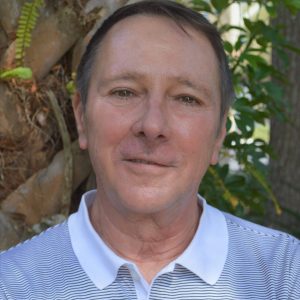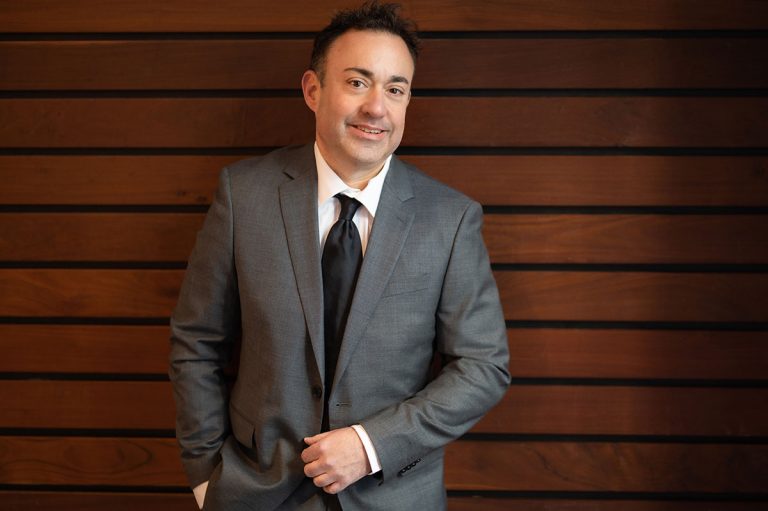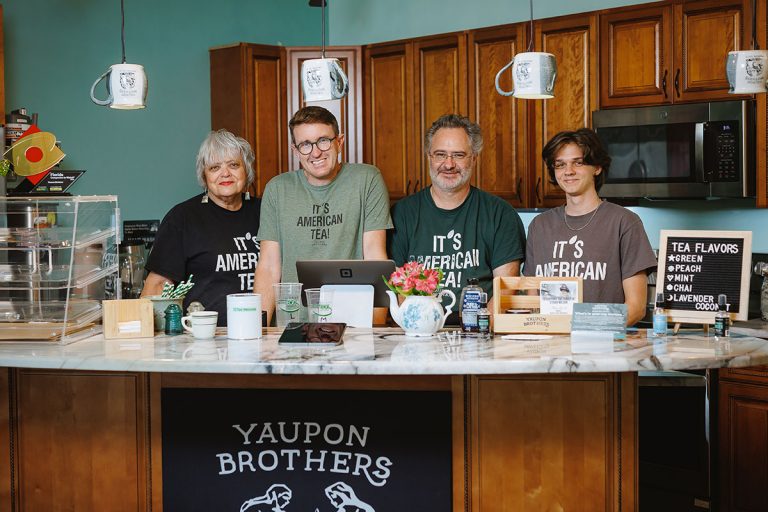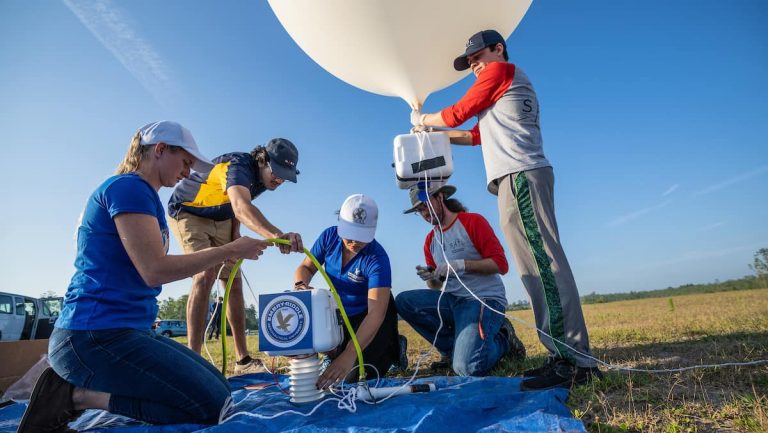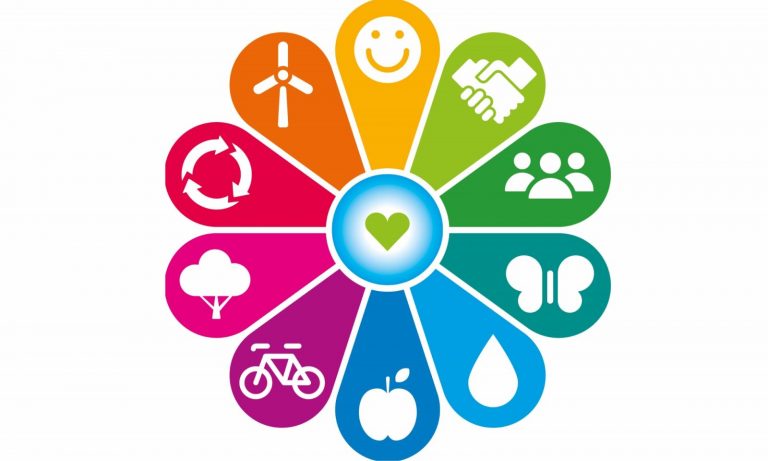Growing Green: The Sustainable Future of Farming
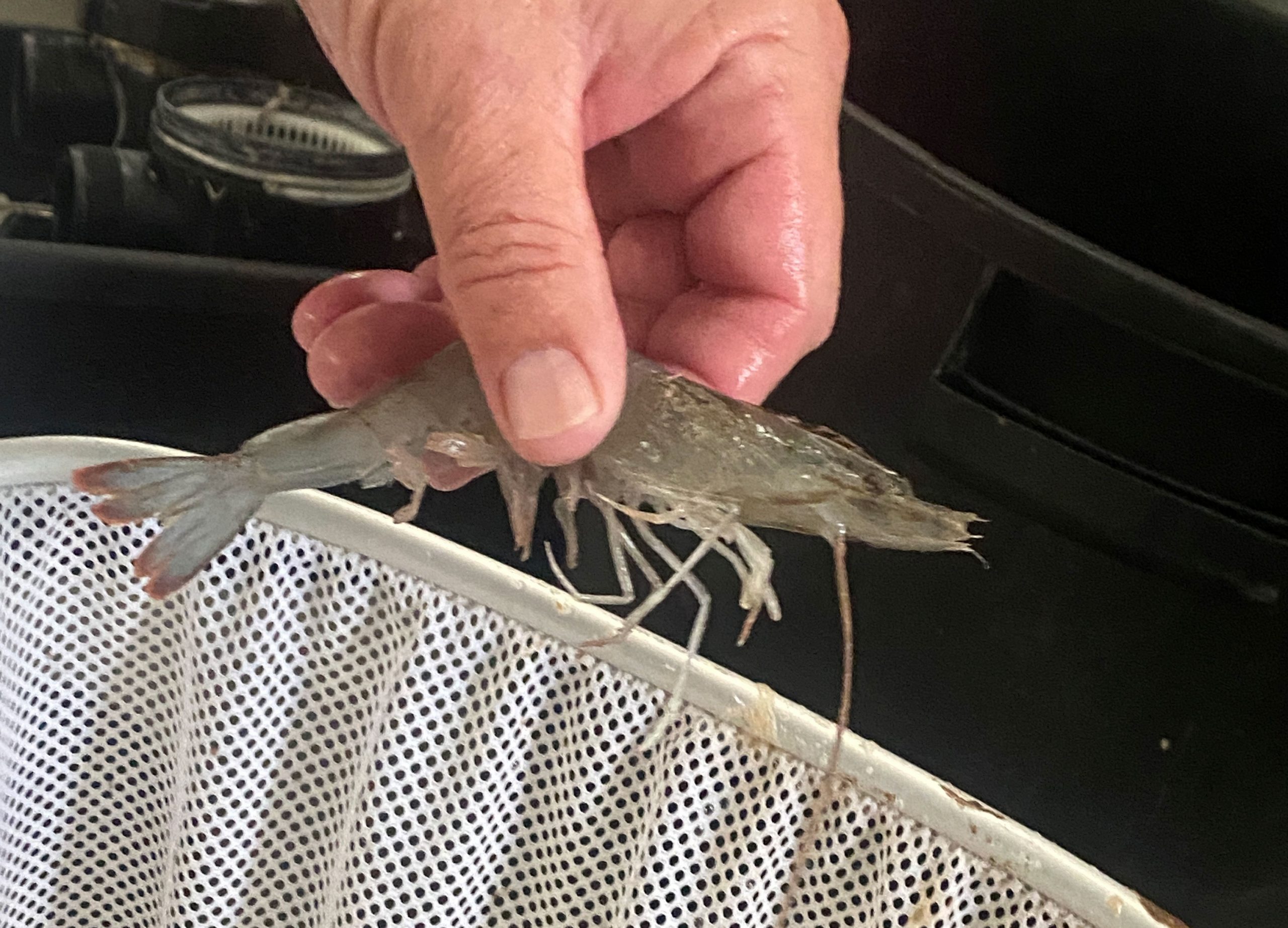

How to provide enough food for a growing global population while maintaining the Earth’s natural resources is the single most important issue sustainable agriculture seeks to address.
According to the USDA’s National Institute of Food and Agriculture, the principles of sustainable farming include “satisfying human food needs” and, at the same time, protecting the environment and expanding the Earth’s natural resources while maintaining the economy and quality of life for farming communities and society as a whole.
Across the nation and around the world, there are some uniform sustainable farming practices: hydroponics, growing plants without soil; aquaponics, combining fish and plants together within the same environment; crop rotation, multi-cropping and cover plants to protect the soil; alternatives to pesticides; and ‘smart’ methods of irrigation and fertilization.
These practices are especially important when considering the world population has reached 8 billion people, more than three times what it was 70 years ago, according to data from the United Nations. And while conventional agriculture is a vital support system for this population, it also contributes to the pollution of soils and water through fertilizers and pesticides — as well as climate change through greenhouse gas emissions.
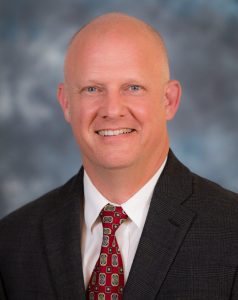
ECONOMIC INCENTIVES — Jeb Smith, president of the Florida Farm Bureau Federation, explains that the high cost and competition for obtaining agricultural land and water are encouragements for Florida farmers to protect these valuable natural resources. And this largely is done through sustainable farming practices with regard to irrigation, fertilizers and pesticides. “The farmer is focused on being sustainable because one can’t exist without the other,” he says.
In Volusia County, farmers especially look for ‘smart’ ways to irrigate their crops, comments Karen Stauderman, Volusia County extension agent for the University of Florida’s Institute of Food and Agricultural Sciences (UF/IFAS). She notes that ferneries and landscape/horticulture-related crops are two of the largest farming activities here, and these agriculturists are always looking for innovative methods to save water and money — relying on social media, weather apps and even artificial intelligence (AI). “It’s all about money and using your money in a smart way,” she says.
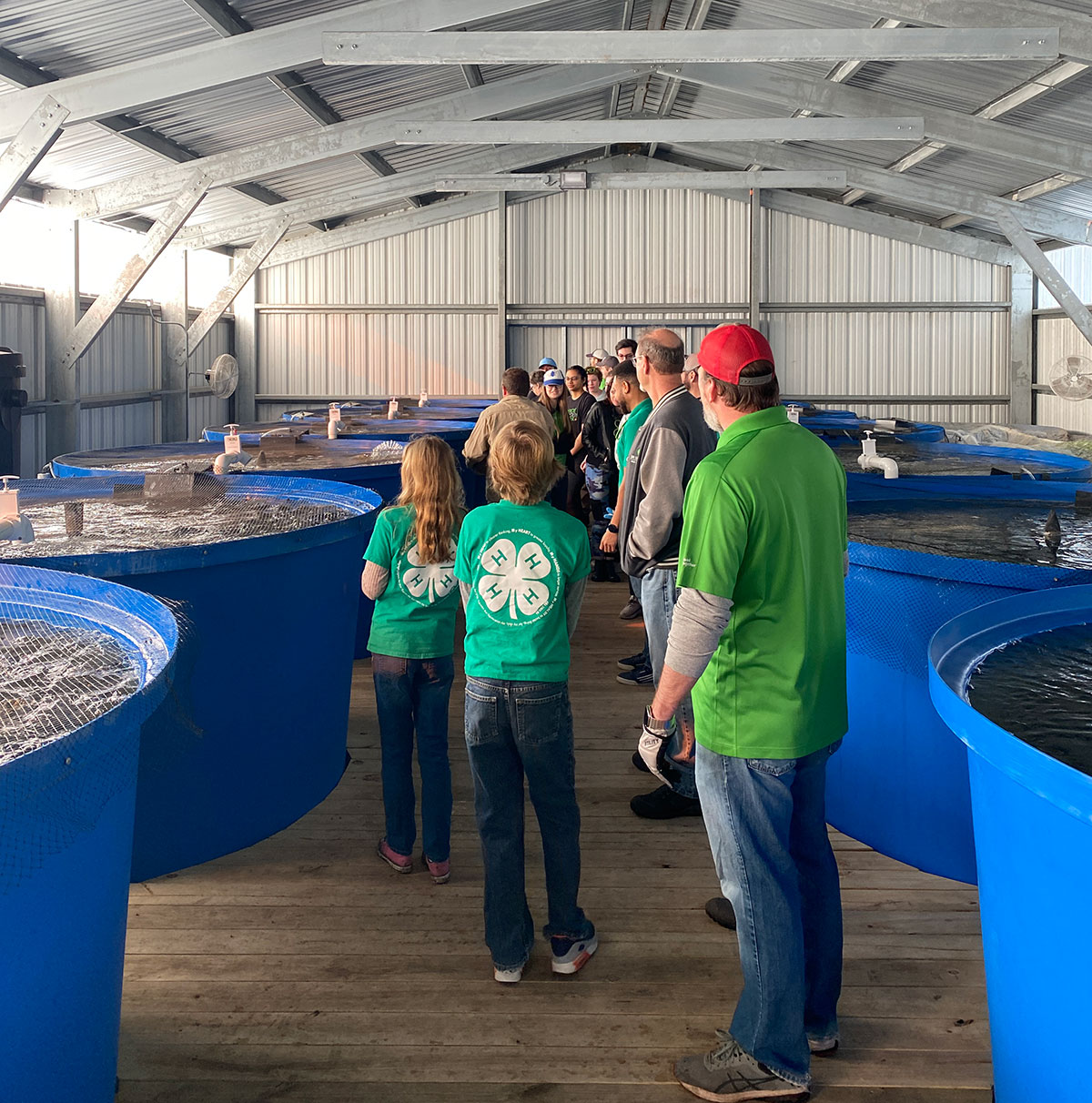
FARMING LOCAL — Fourth-generation farmer Angela TenBroeck is a prime example of a successful and dedicated sustainable farmer, especially excelling in hydroponics and aquaponics on her 30-acre farm in Putnam County. She was honored as “Woman of the Year in Agriculture” in 2021 by the Florida Department of Agriculture and Consumer Services, largely based on her commitment to sustainable agriculture and “thinking outside the box.”
Aside from her ‘field’ practices, Ms. TenBroeck is very focused on a community-based perspective to sustainability. “We must buy local and elevate the local farms so that they can expand and innovate,” she emphasizes. “Farms in places close to people give everyone a connection with their food and be involved in healthy lifestyles. This also solves food insecurity which is a rising problem because of inflation.”

Ten years ago, Ms.TenBroeck coordinated the creation of the Center for Sustainable Agricultural Excellence and Conservation (CSAEC), which has grown to become a worldwide organization helping local farmers sell their produce directly to the consumer. “Using sustainable farming practices, small-scale farming can allow a family to have a profitable business that requires minimal time for maximum results,” she explains.
‘SUSTAINABLE’ FUNDING — USDA programs are supportive of sustainable agriculture — last year alone, investing $2.2 billion across the nation for projects related to research, education and extension efforts. This investment is enabling a unique research project underway at the University of Florida in Gainesville. Under the guidance of Dr. Masanori Fujimoto, the project is educating farmers on how to improve the health of their soils in a two-fold natural way: through the enrichment of existing microbes in the soils and sustainably fertilizing soils using naturally occurring materials, such as composted manure and crop residue. The farmers are learning the concept that over-fertilization or irrigation may pollute groundwater or waterways — as well as skills about waste conversion into renewable energy and biofertilizer. The UF research group is now working with individual teams of farmers to educate them on these processes. Enthusiastic about the capabilities for sustainable farming in our state, Dr. Fujimoto concludes that the “conditions for growing food in Florida are amazing,” with a combination of good climate, sunshine and water.
